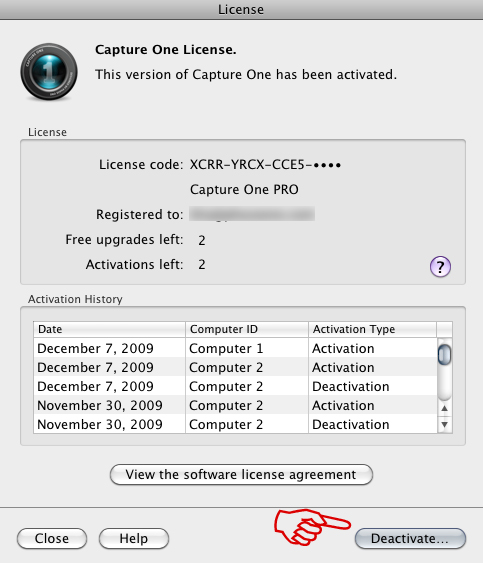
Mohammed and his co-defendants were initially held in secret prisons abroad.
#Capture one trial trial
The difficulty in holding a trial for Mohammed and other Guantanamo prisoners is partly rooted in what the U.S. “It’s a tremendous blemish on the country’s history,” he said. court system, “a tremendous failure” that was “as offensive to our Constitution as to our rule of law.” He called the effort to put Mohammed on trial before a military tribunal, rather than in the regular U.S. “Now, I’m not sure what’s going to happen,” said Gordon Haberman, whose 25-year-old daughter Andrea died after a hijacked plane crashed into the the World Trade Center, a floor above her office. They've long hoped that a trial would bring closure and perhaps resolve unanswered questions. The delay was one more in a string of disappointments for relatives of the nearly 3,000 victims of the attack. The latest setback came last month when pretrial hearings scheduled for early fall were canceled. detention center in Guantanamo Bay, their planned trials before a military tribunal endlessly postponed.

Critics say it has become one of the war on terror’s greatest failures.Īs Sunday's 21st anniversary of the terror attacks approaches, Mohammed and four other men accused of 9/11-related crimes still sit in a U.S.

But America's attempt to bring him to justice, in a legal sense, has taken much, much longer. 11 attacks - the capture of a disheveled Khalid Shaikh Mohammed, hauled away by intelligence agents from a hideout in Rawalpindi, Pakistan.

scored its most thrilling victory yet against the plotters of the Sept. NEW YORK - Hours before dawn on March 1, 2003, the U.S.


 0 kommentar(er)
0 kommentar(er)
